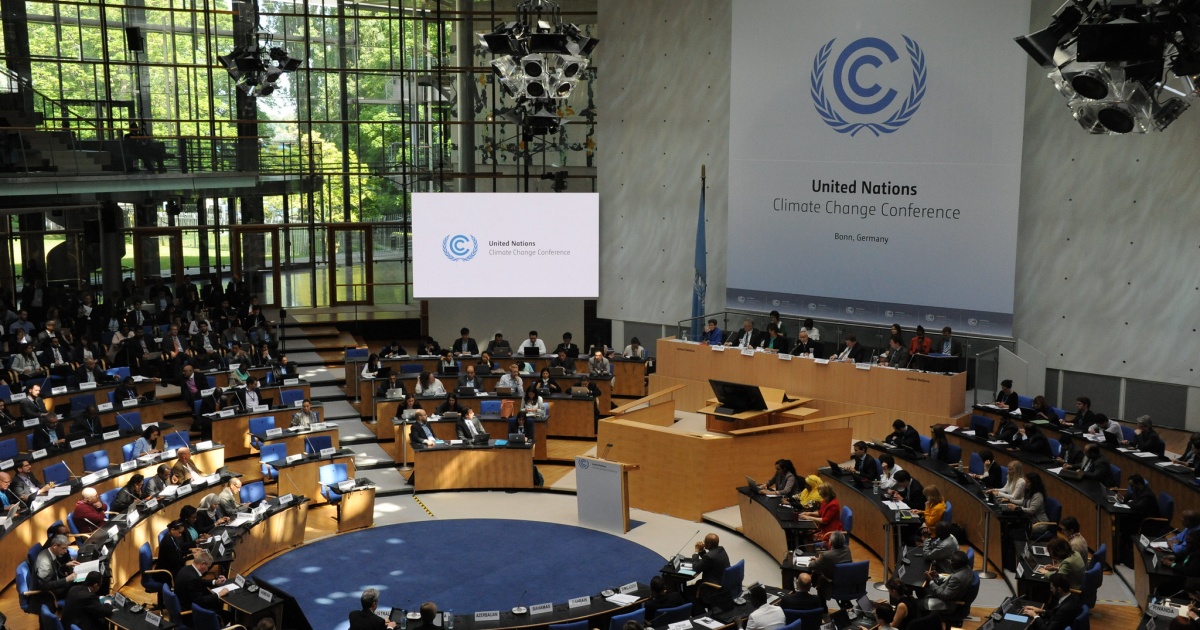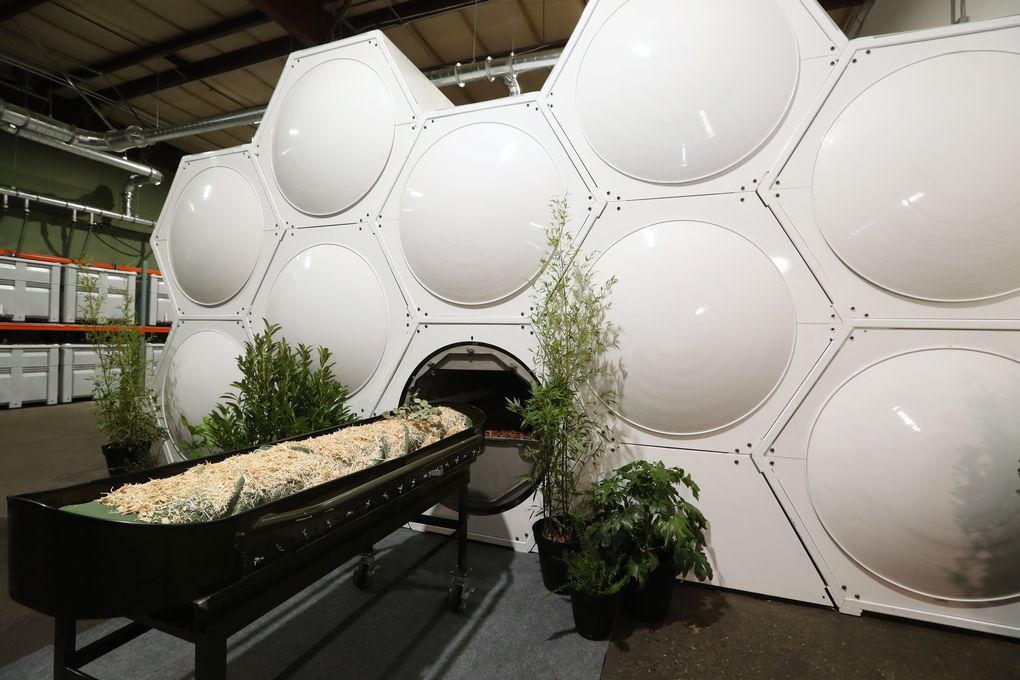My major takeaway from this course regards how I want to proceed with living my life.
We have learned that death anxiety rules our lives and decisions, and that we cope through various forms of terror management. This constant fear drives our species to war, industrialization, colonization, exploitation, and now to the brink of a planetary climate disaster.
One of our contemplative practices asked us to consider three mindsets. Where 1) the world is generally getting worse, 2) the world is generally getting better, and 3) the world is how it is. I find the 3rd mindset to be the most realistic and empowering. In this view, we see the world as it is without sugarcoating it or focusing purely on evils. In this view, humanity has agency. We can sit back and continue our trajectory toward a terrible future, or we can choose to collaborate, innovate, and save our species from collapse.
With this mindset of agency, I am struck by the question: “how then shall I live?”
I need to start with my forms of terror management. Before this course, my management consisted of spree online shopping to fill a non-existent gap in my life and constant distractions because silence allowed intrusive thoughts to run rampant. These are unsustainable strategies.
Professor Jem Bendall in his video about Deep Adaptation asks viewers to cherish what they have. To enjoy life in the short time that we have it. Though I talk about why I dislike Bendall’s perspective in another blog post, I have come to accept this concept when taken alongside the strategies presented in Active Hope, the relief and fulfillment of volunteer work like my action project for WashPIRG’s Save the Orcas, and the hope that humanity still has agency to change.

Image Credit: Syracuse Peace Council
To answer the question “how then shall I live?,” I must adjust my terror management. Rather than needlessly consuming, I can focus on being grateful for what I already have. Rather than constantly distracting myself, I can spend more meaningful time with friends and family to feel reassured that I have people I care about who also care about me. I can take part in local efforts that better my community and environment. I can make changes like being better about recycling and using my purchasing power to favor local, sustainable businesses. I can choose to live with hope.
There are easily implementable things I can do to live a more conscientious and sustainable life without drastically changing my lifestyle. I don’t know if this is enough, but I hope that between collective individual action, death anxiety harnessed by corporate inventors to find technological solutions, and global politicians trying to one-up each other, we will find a way to persist as a species.





